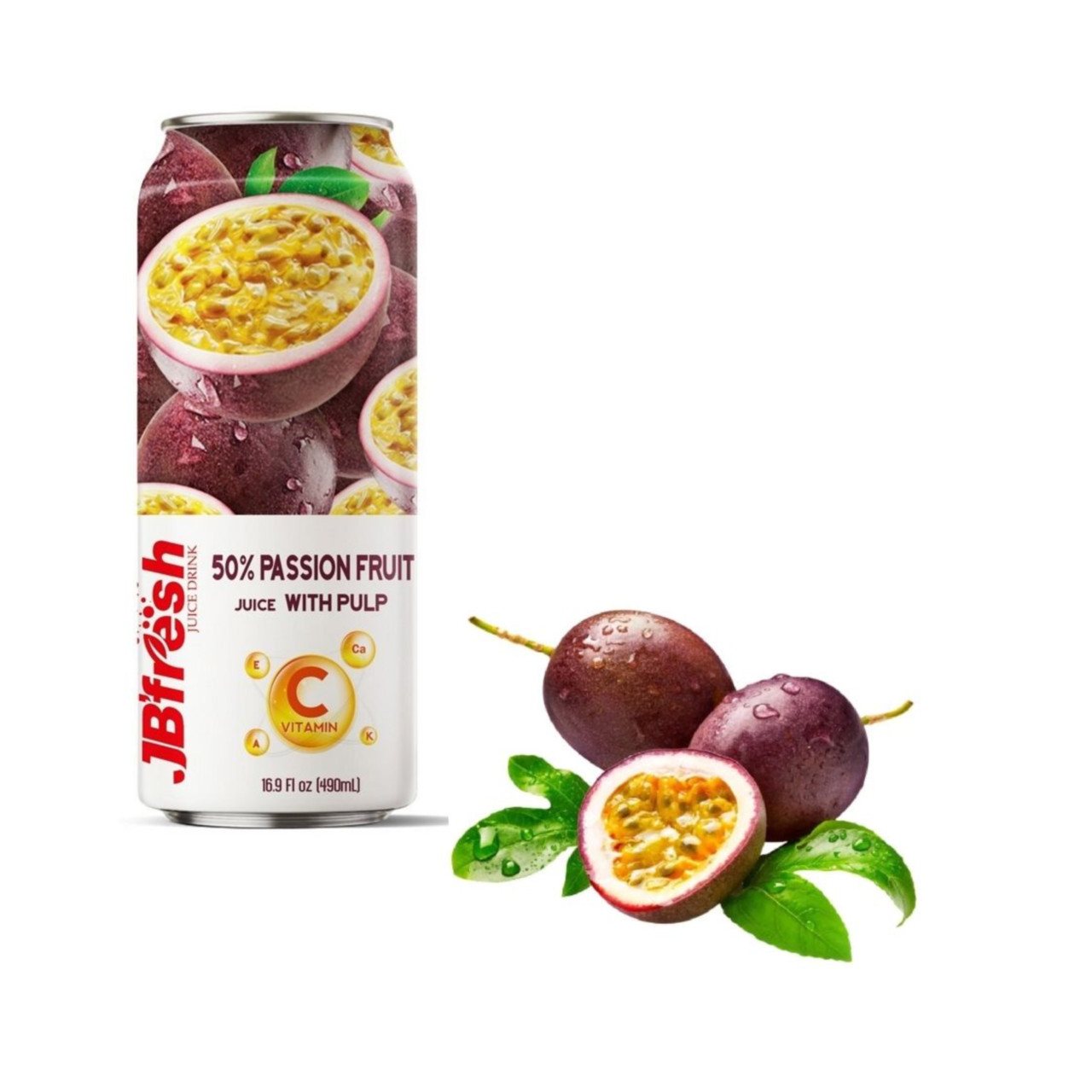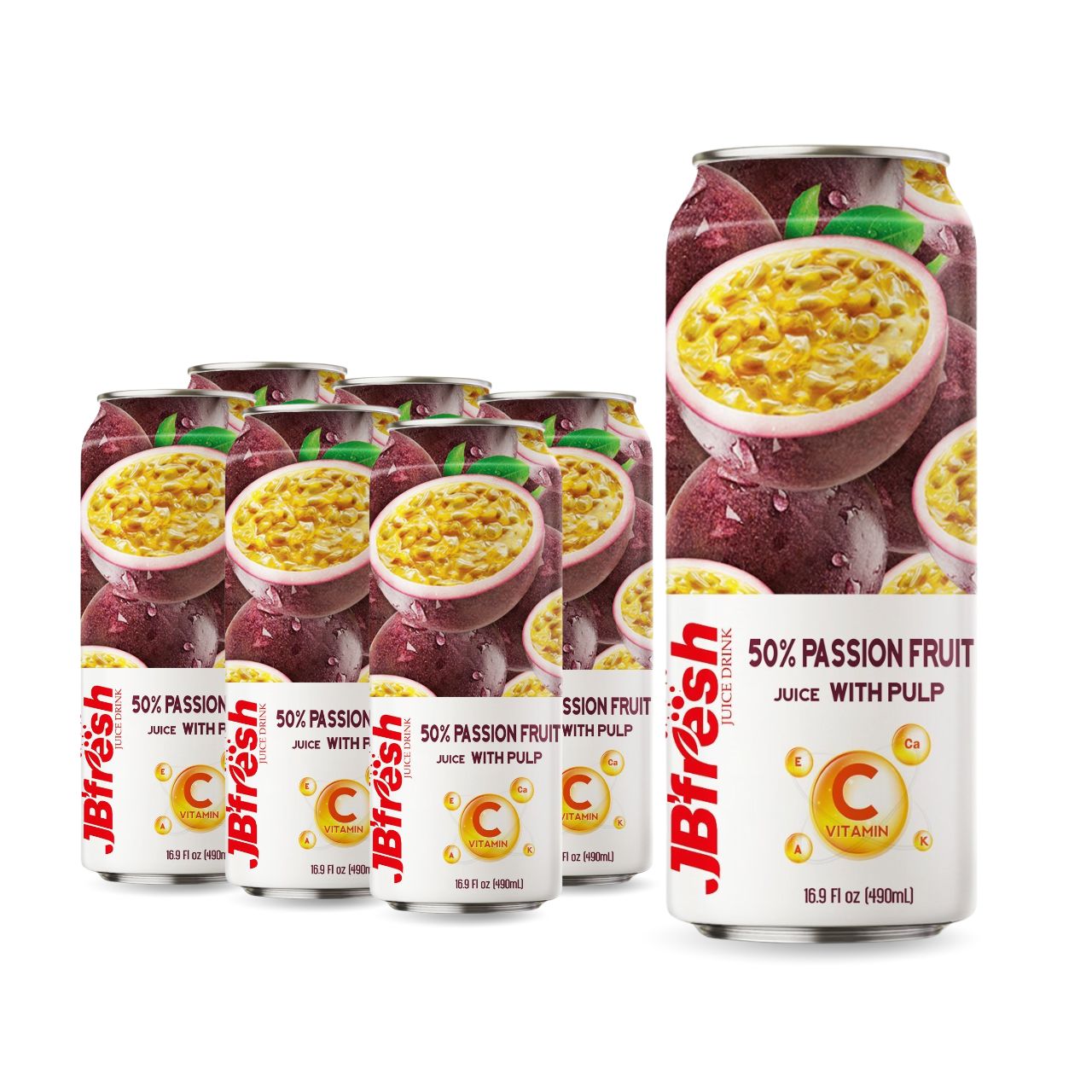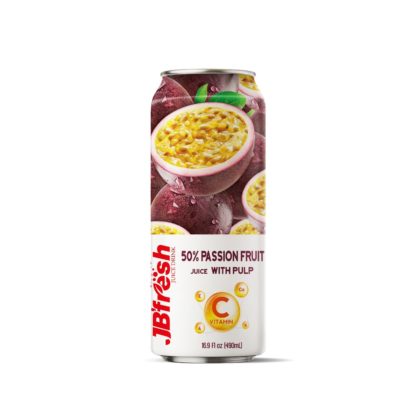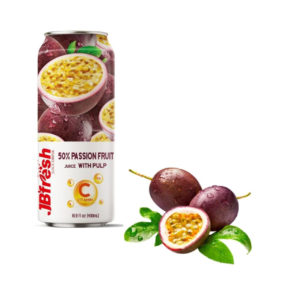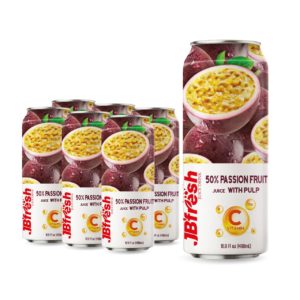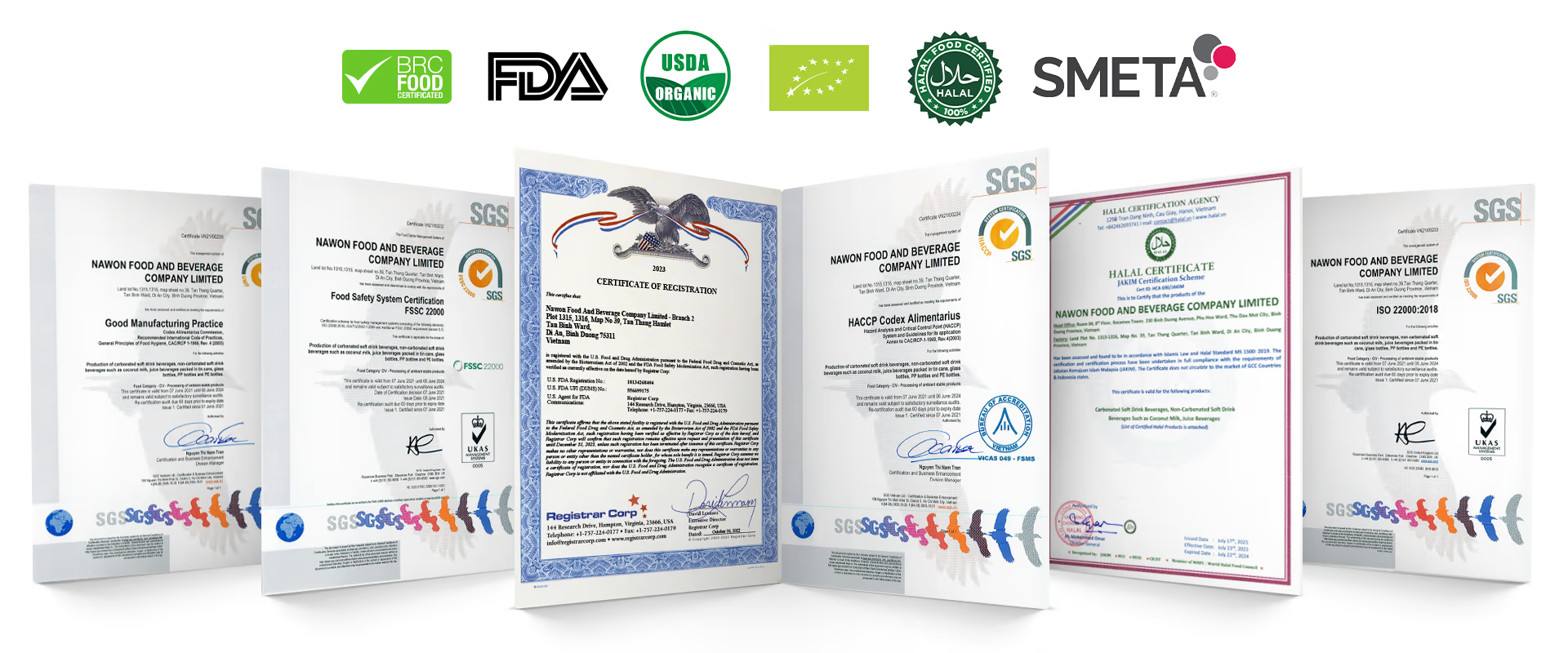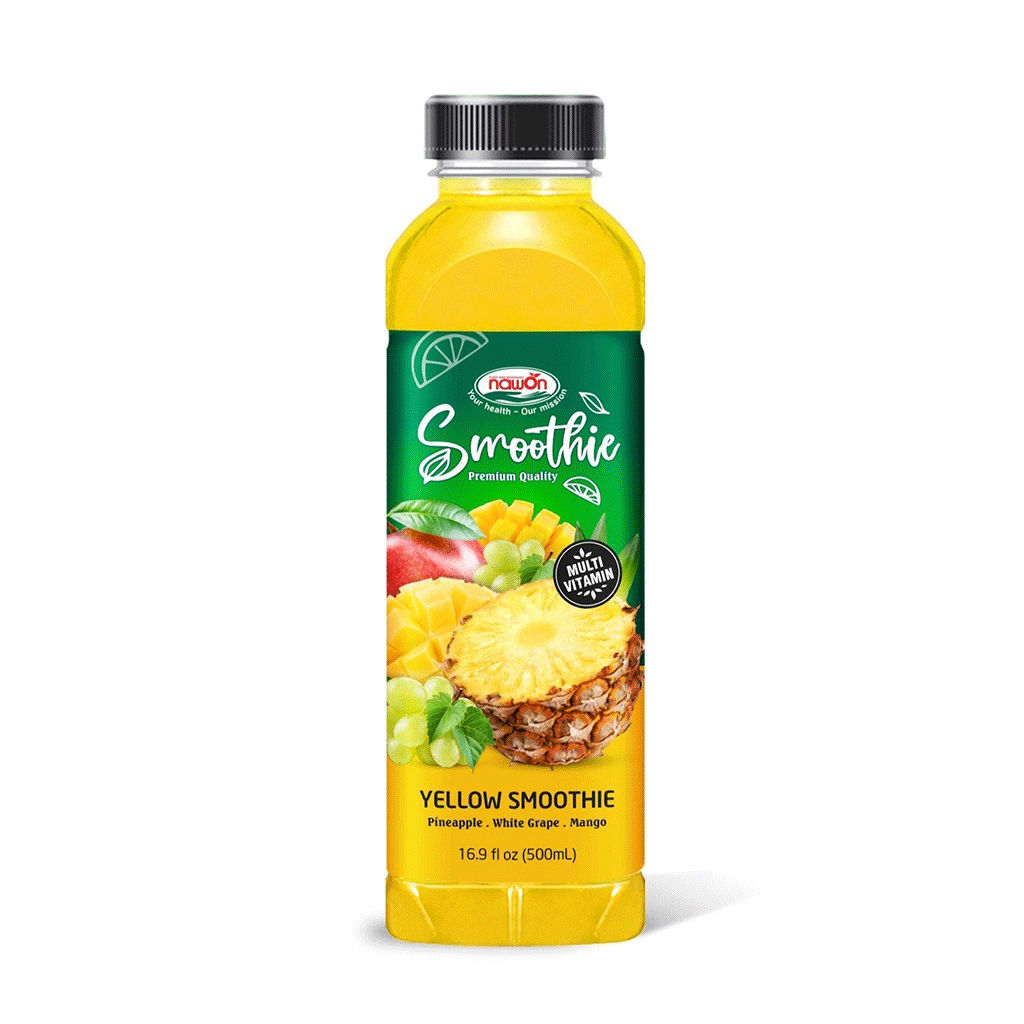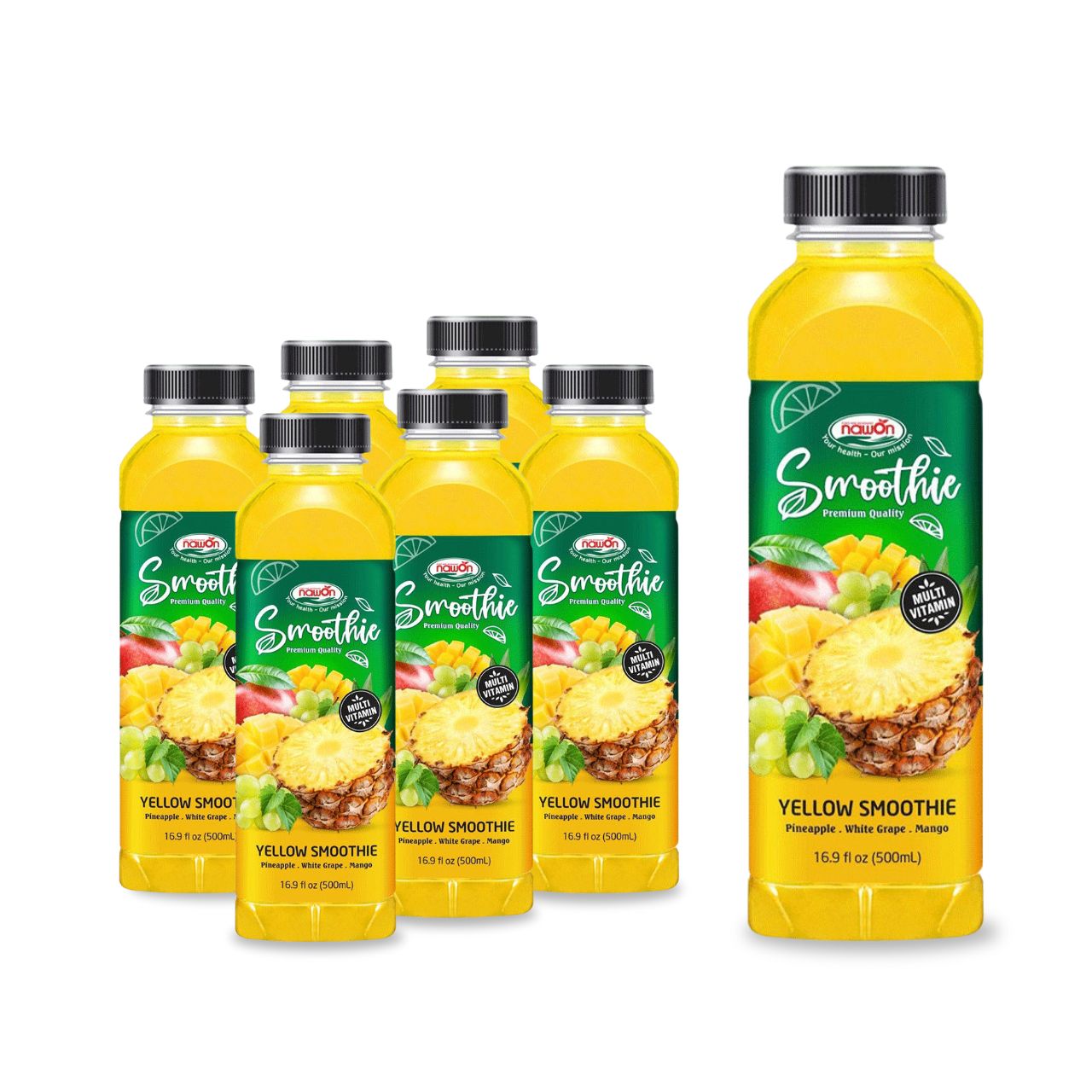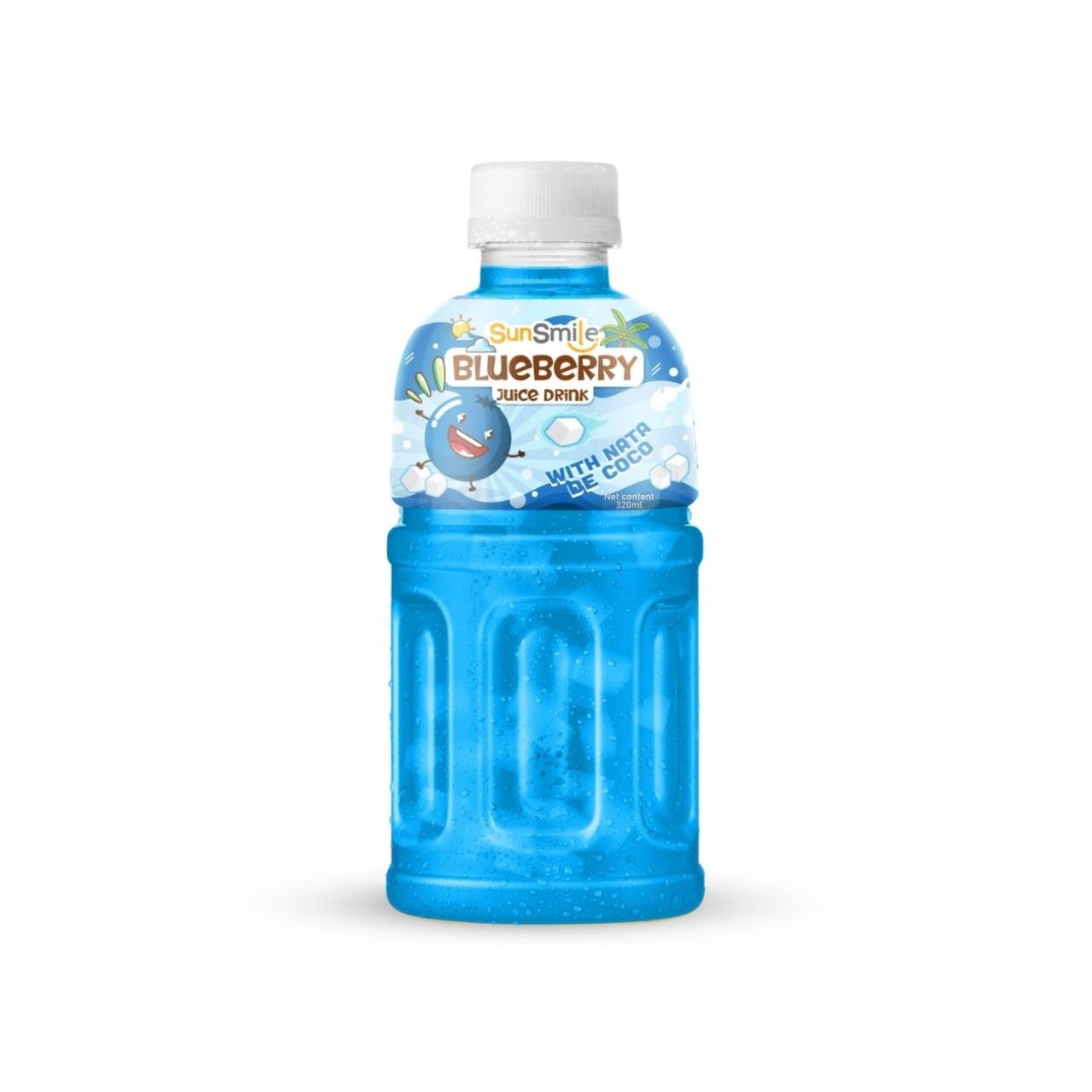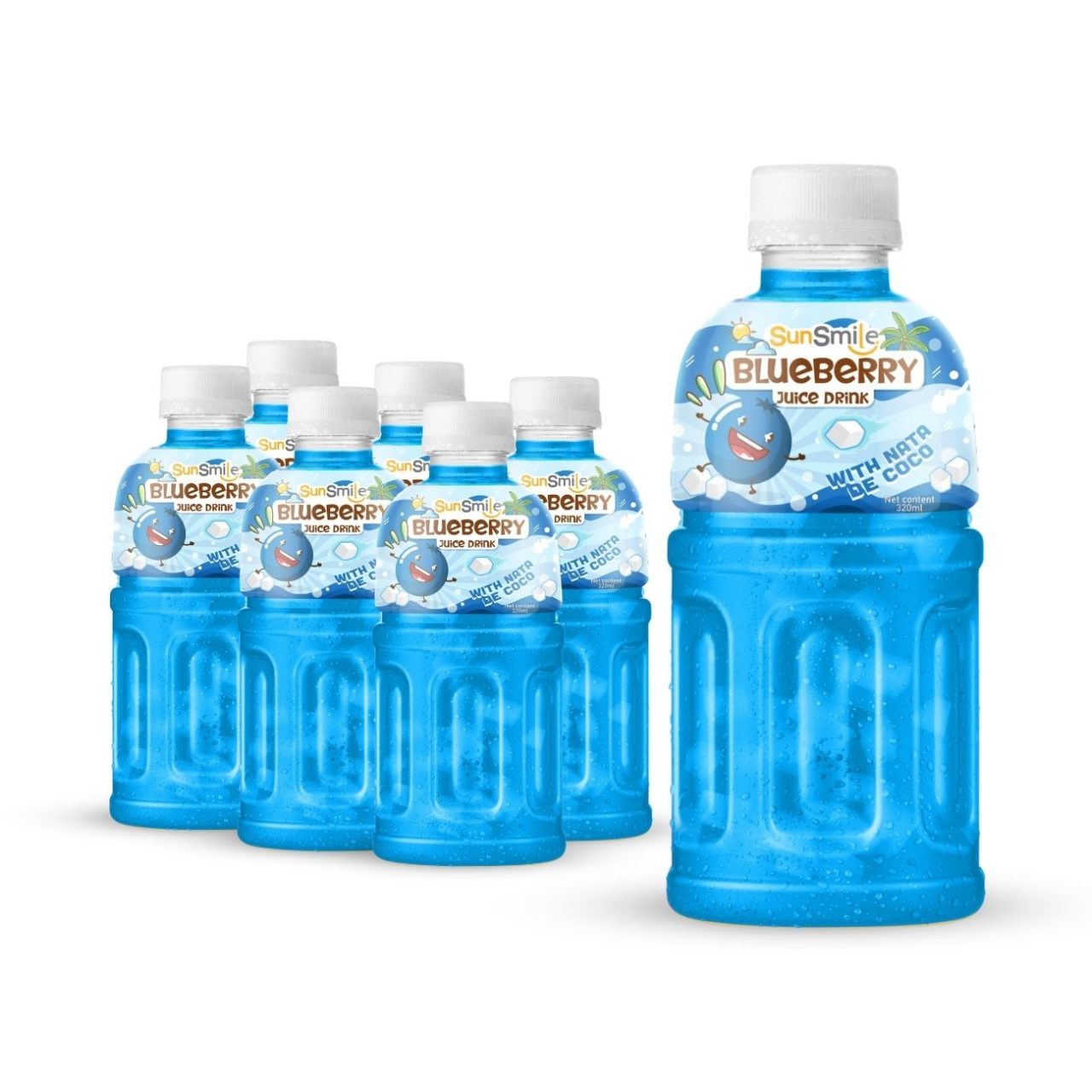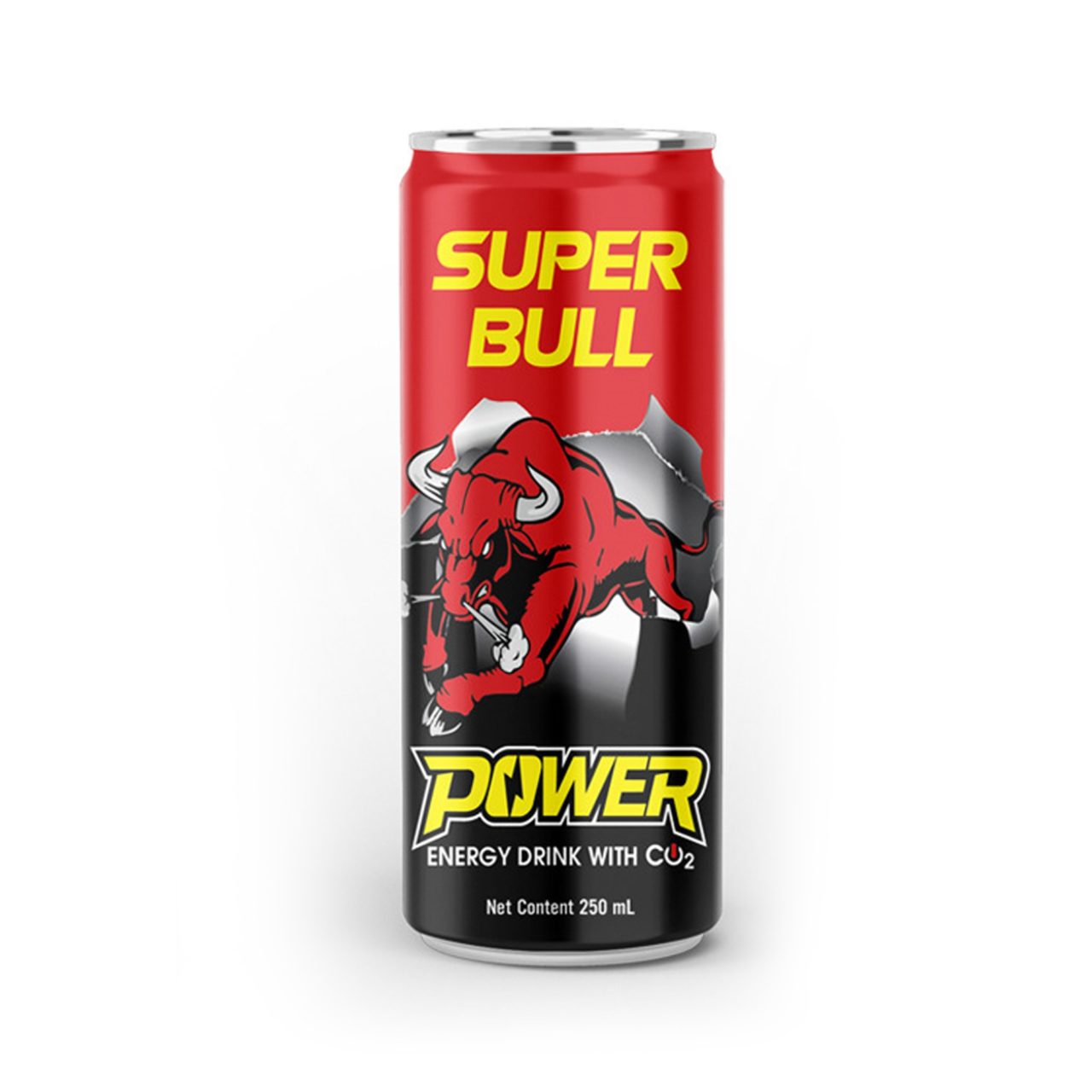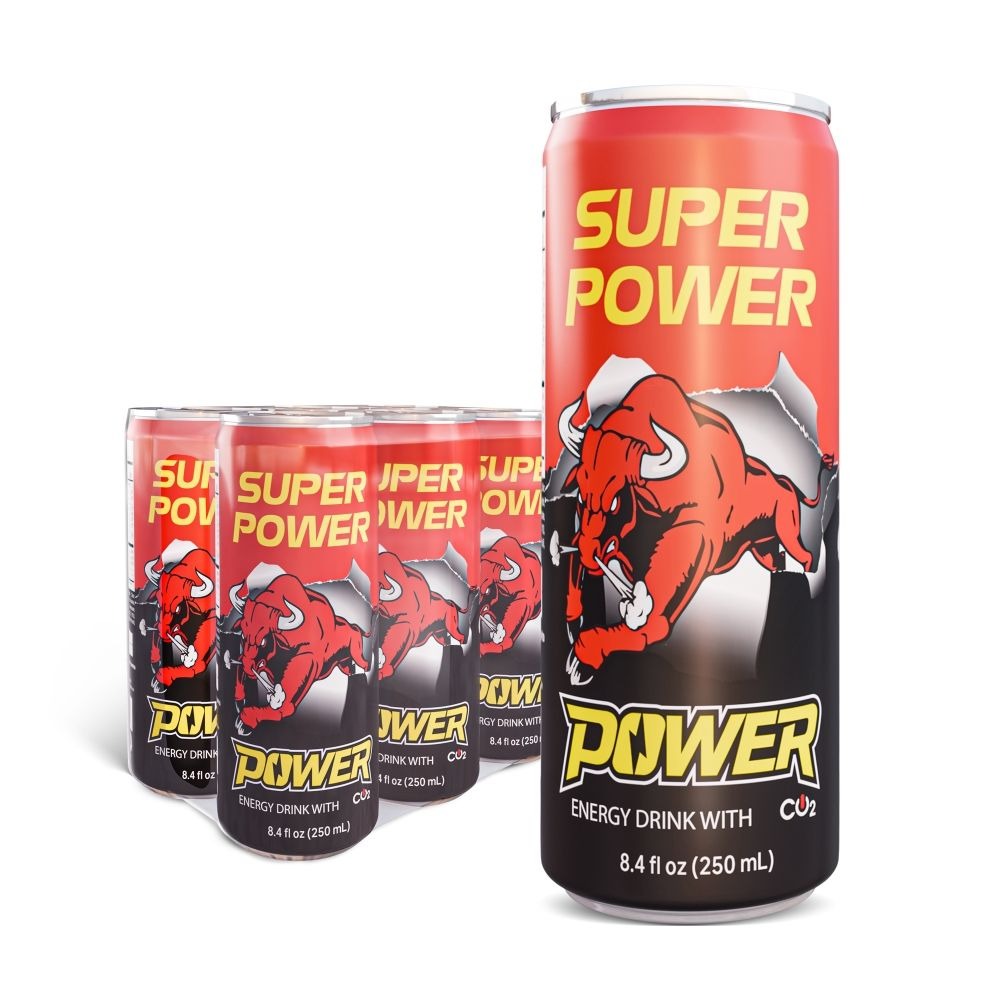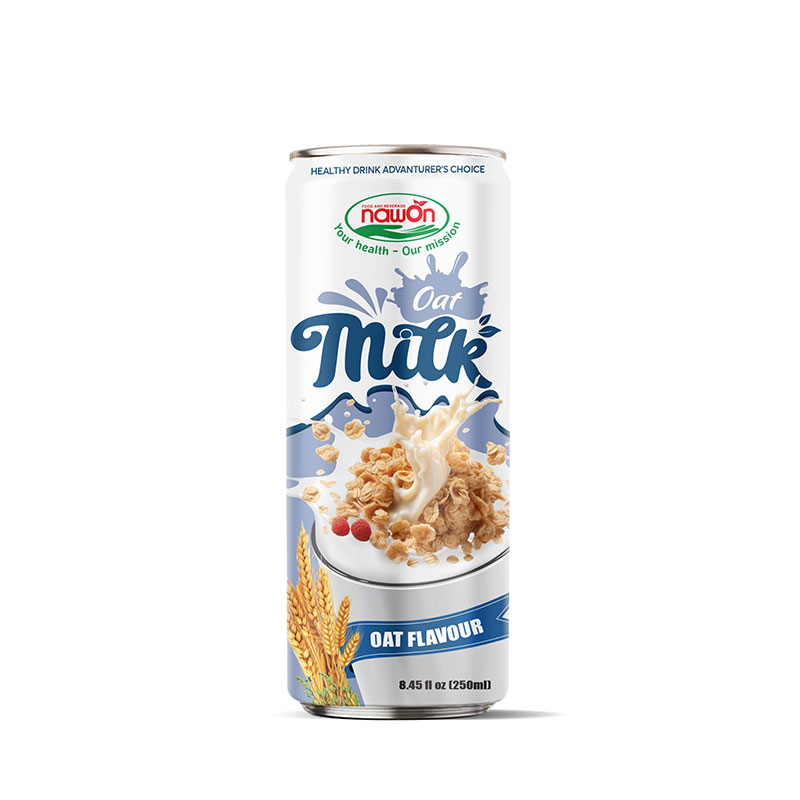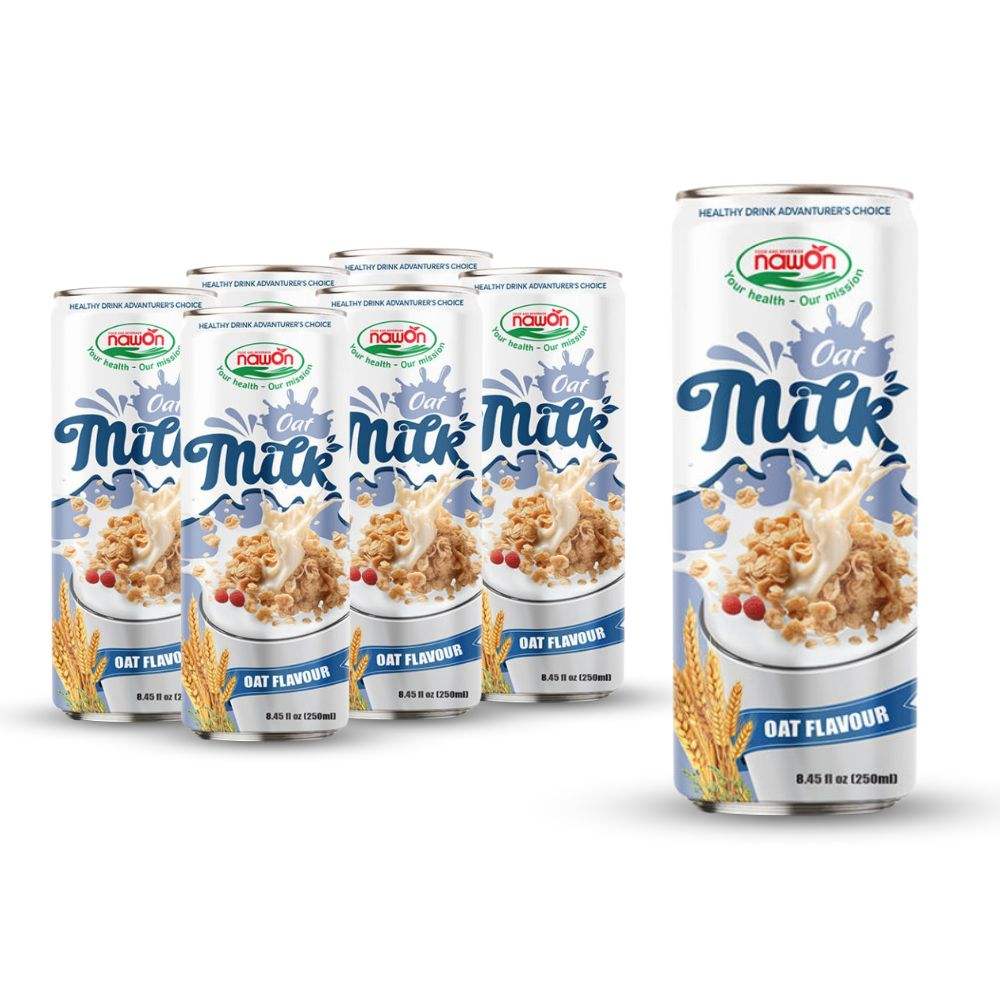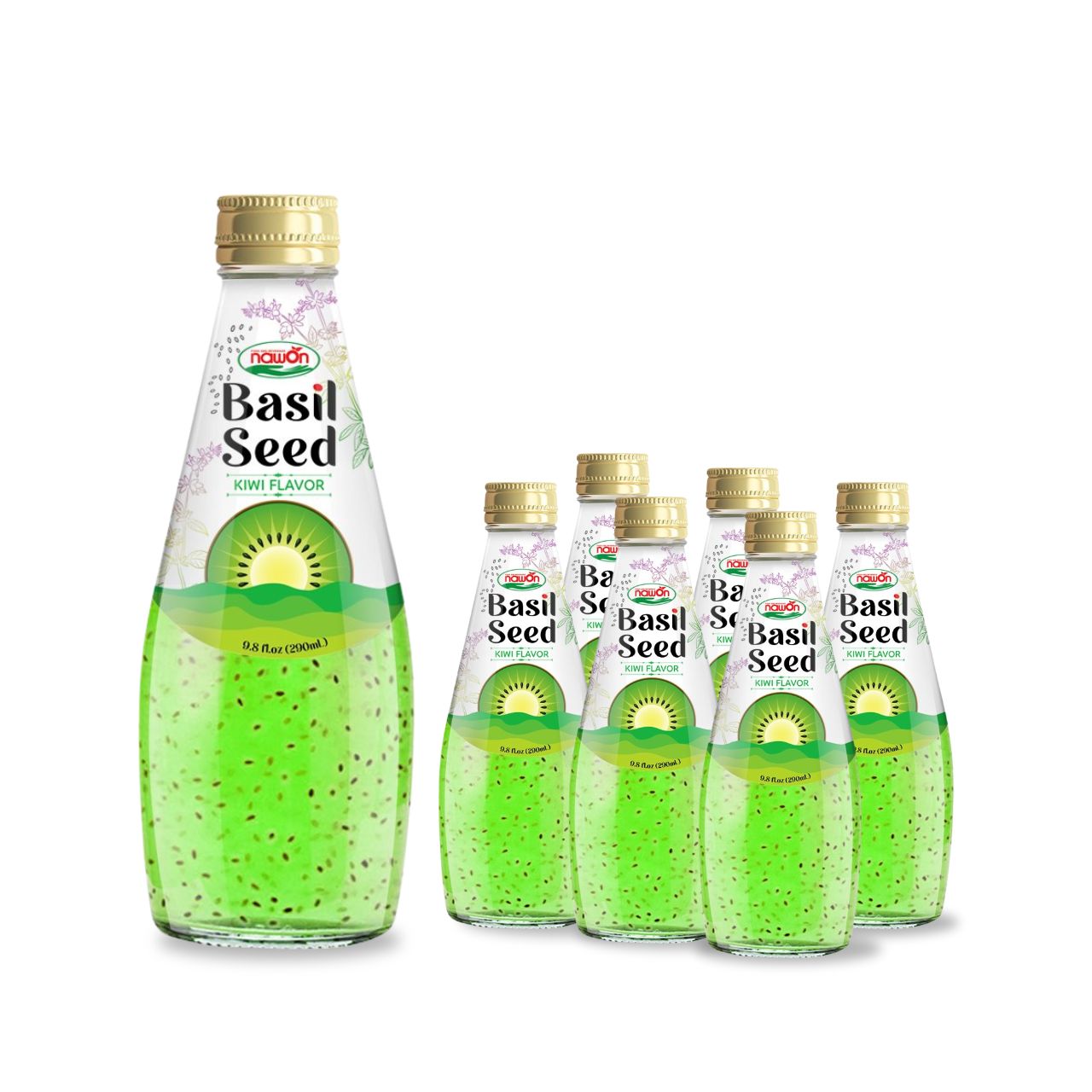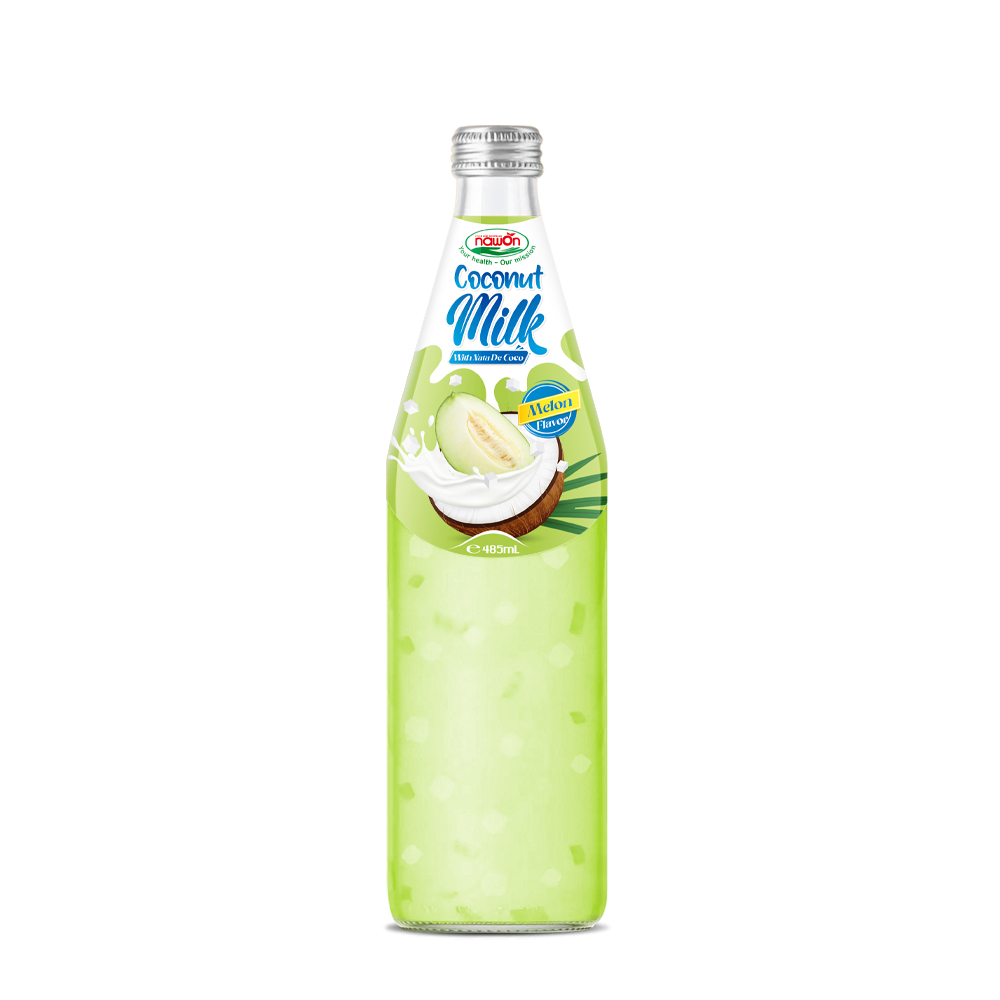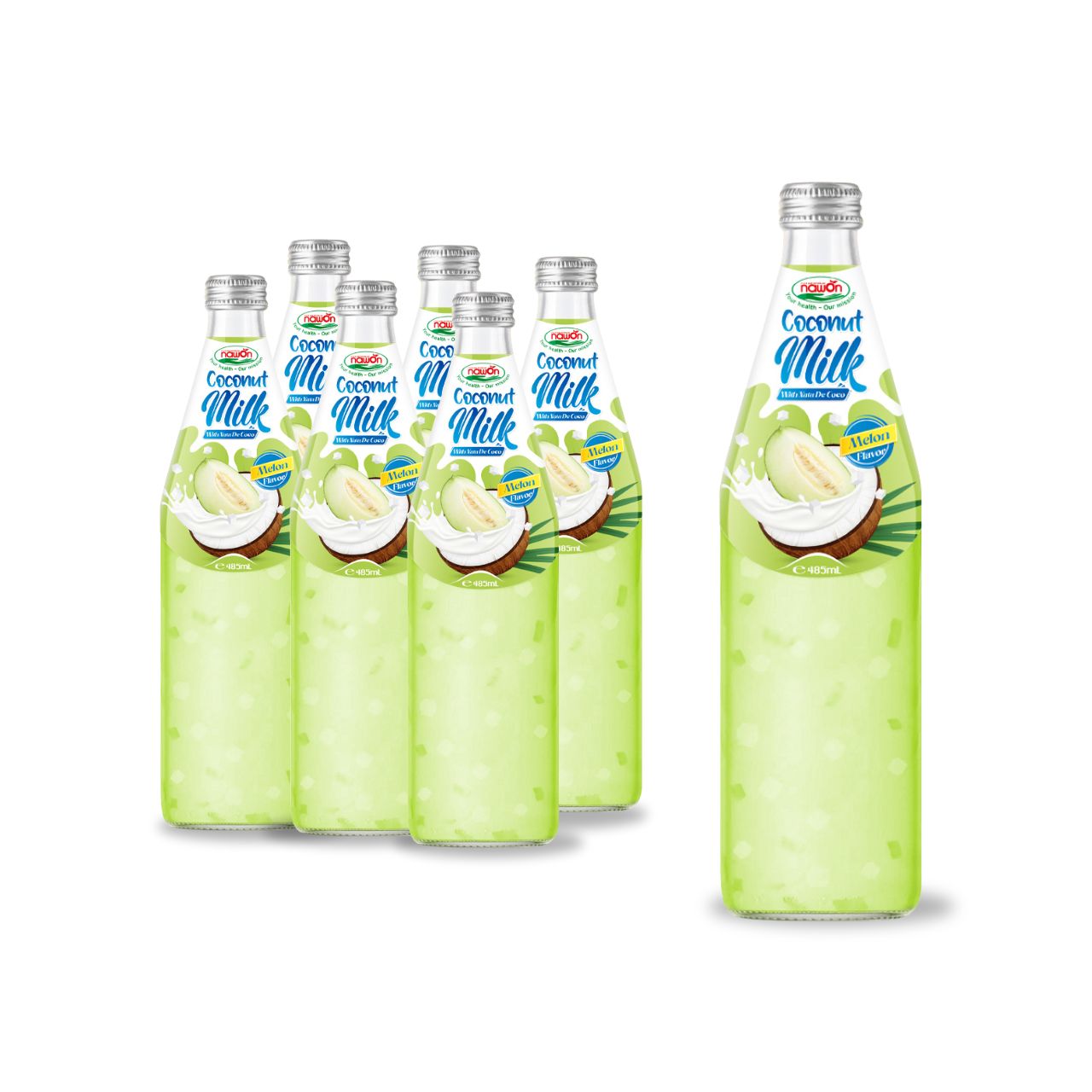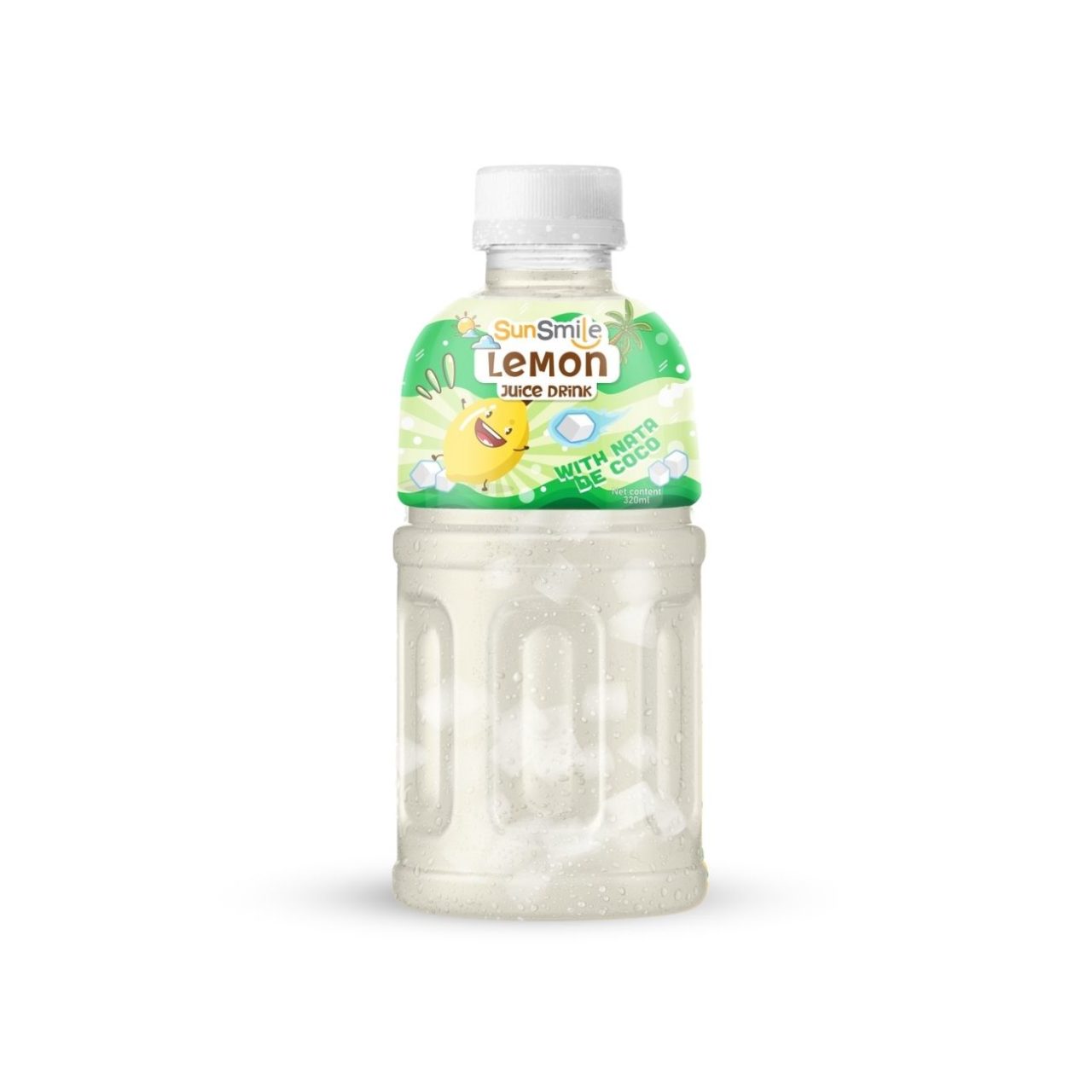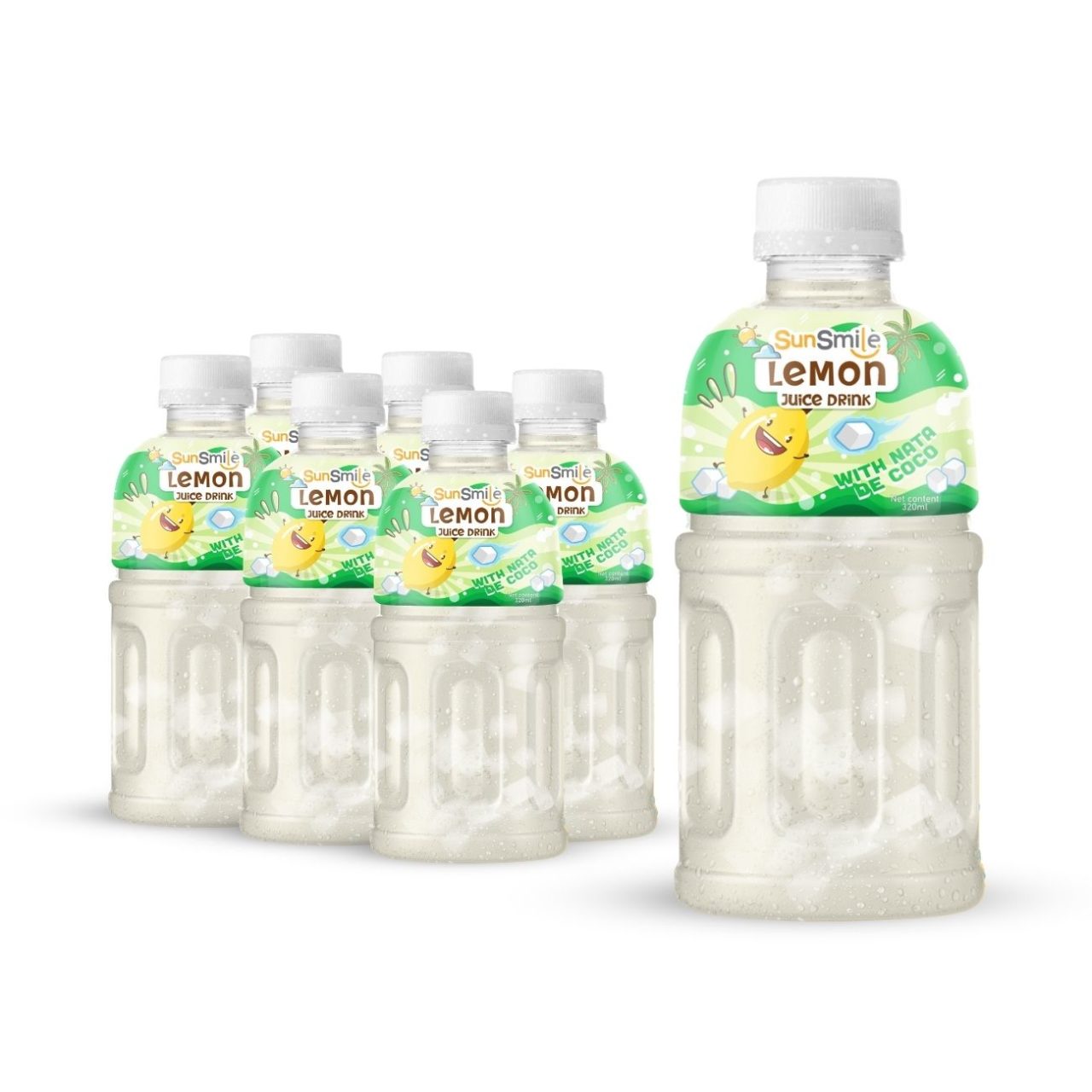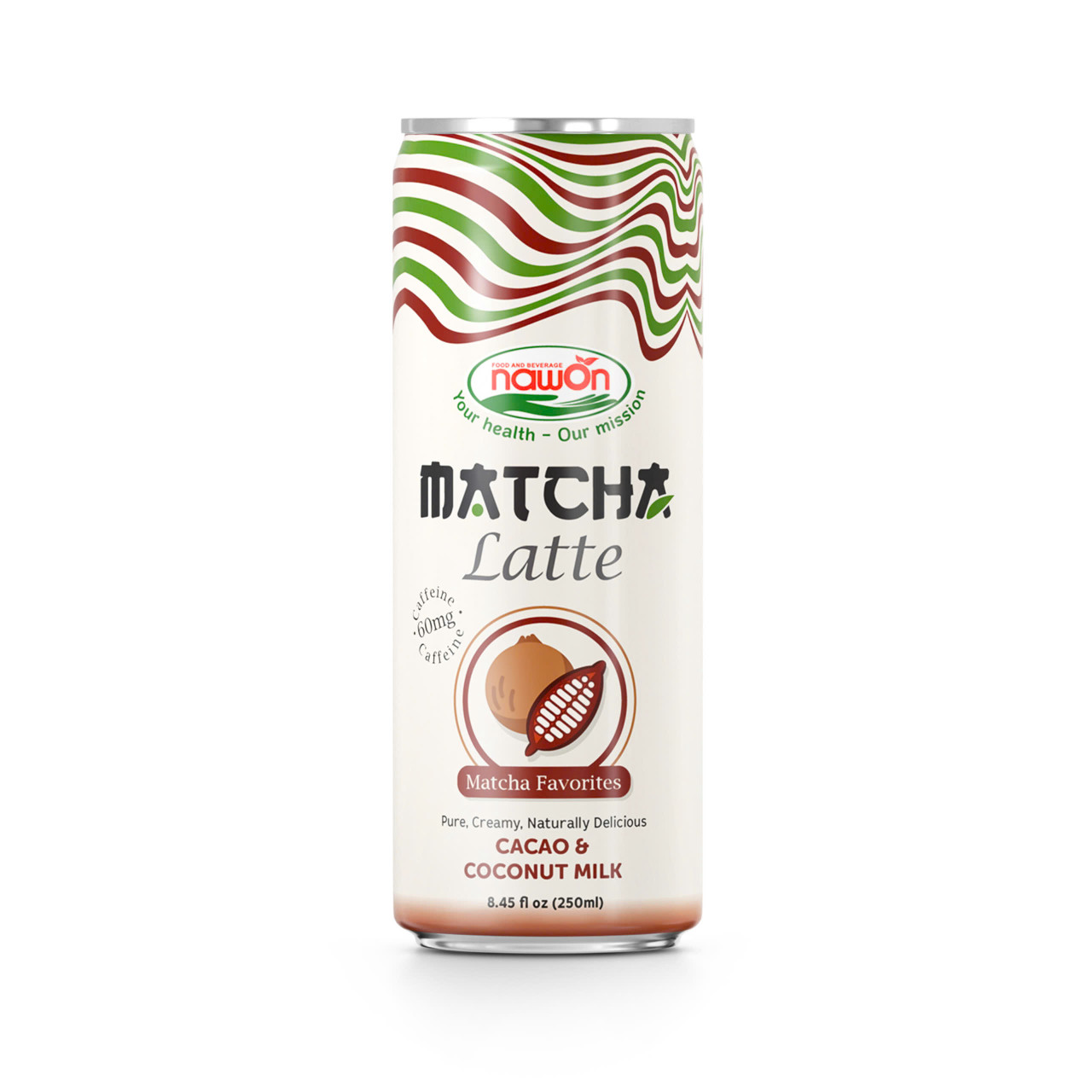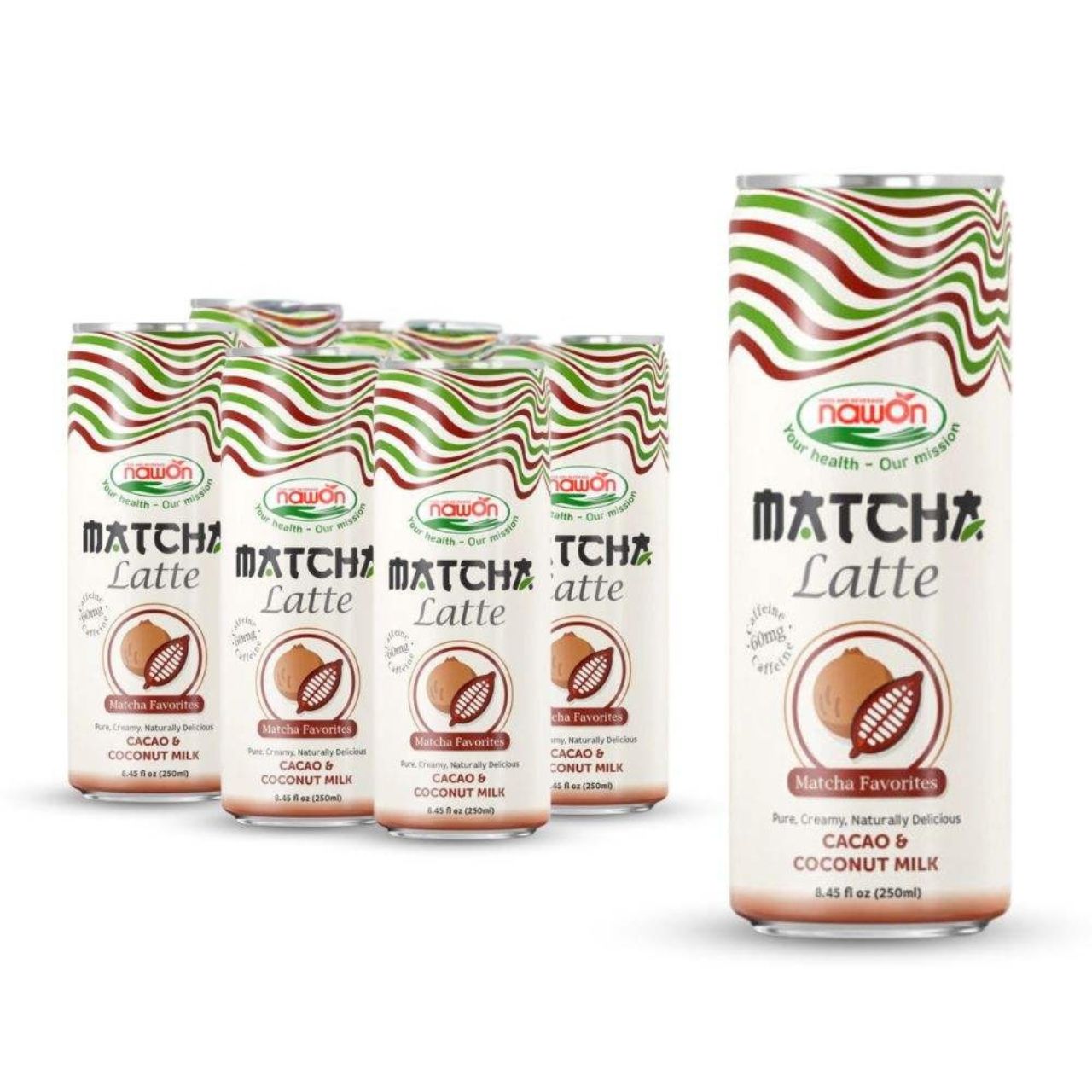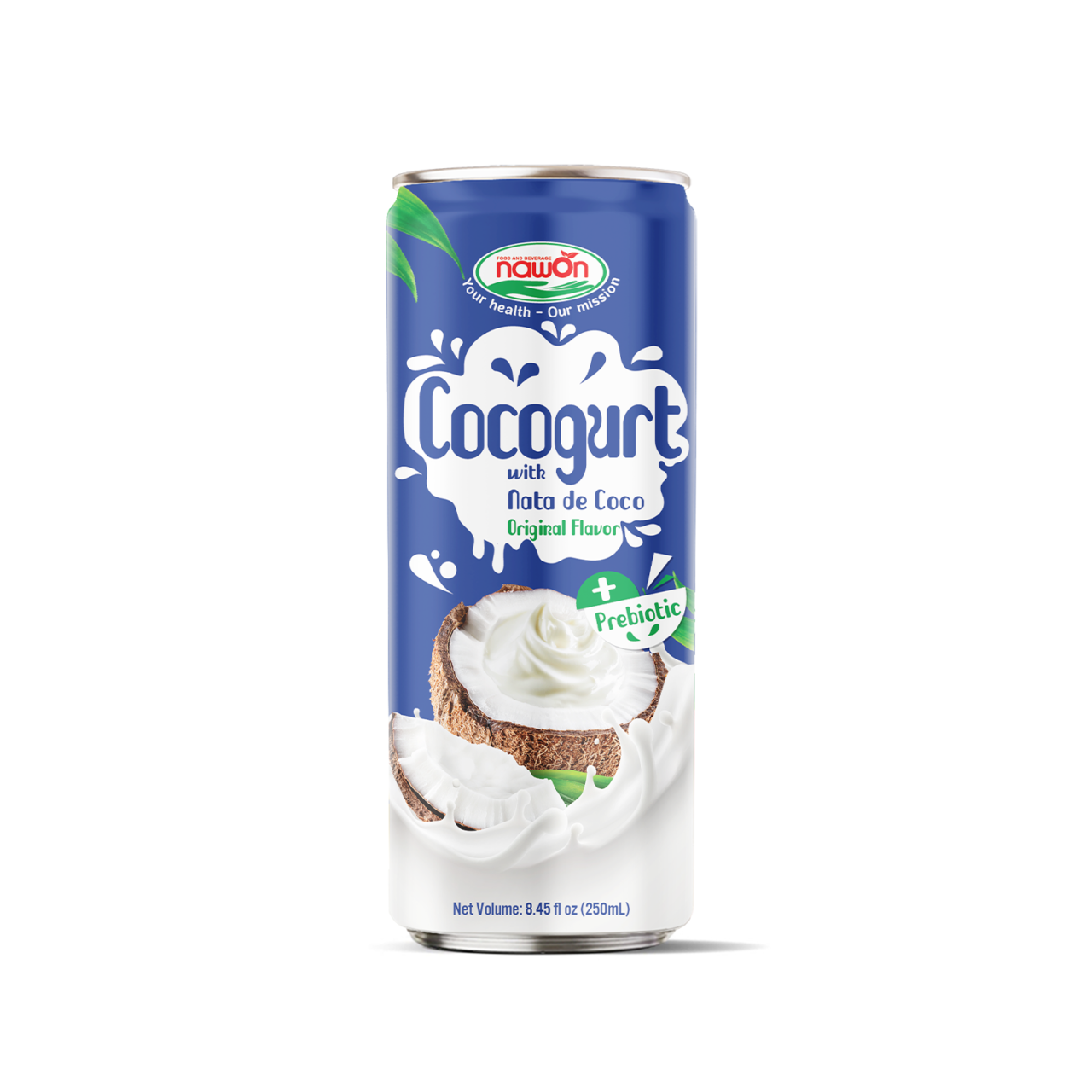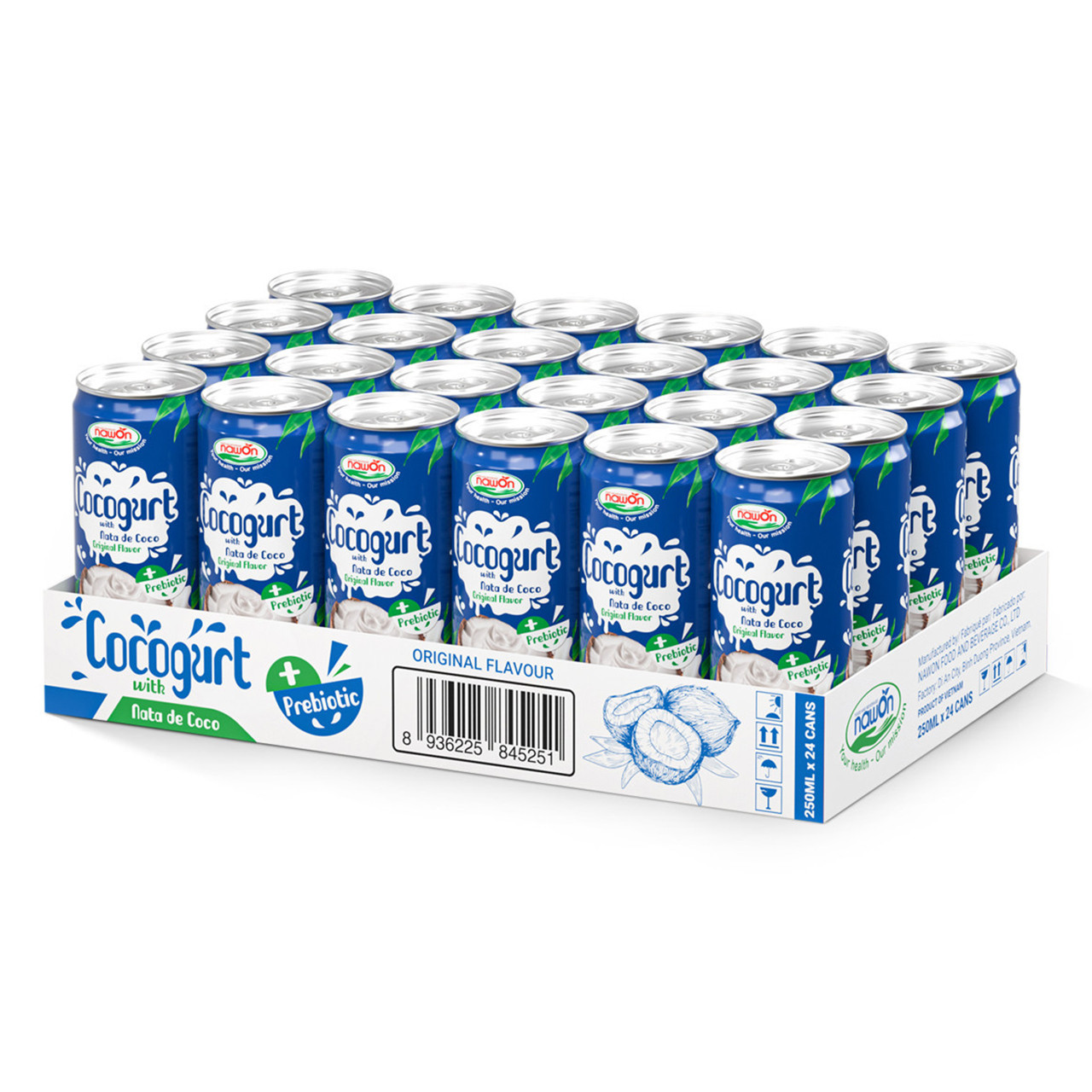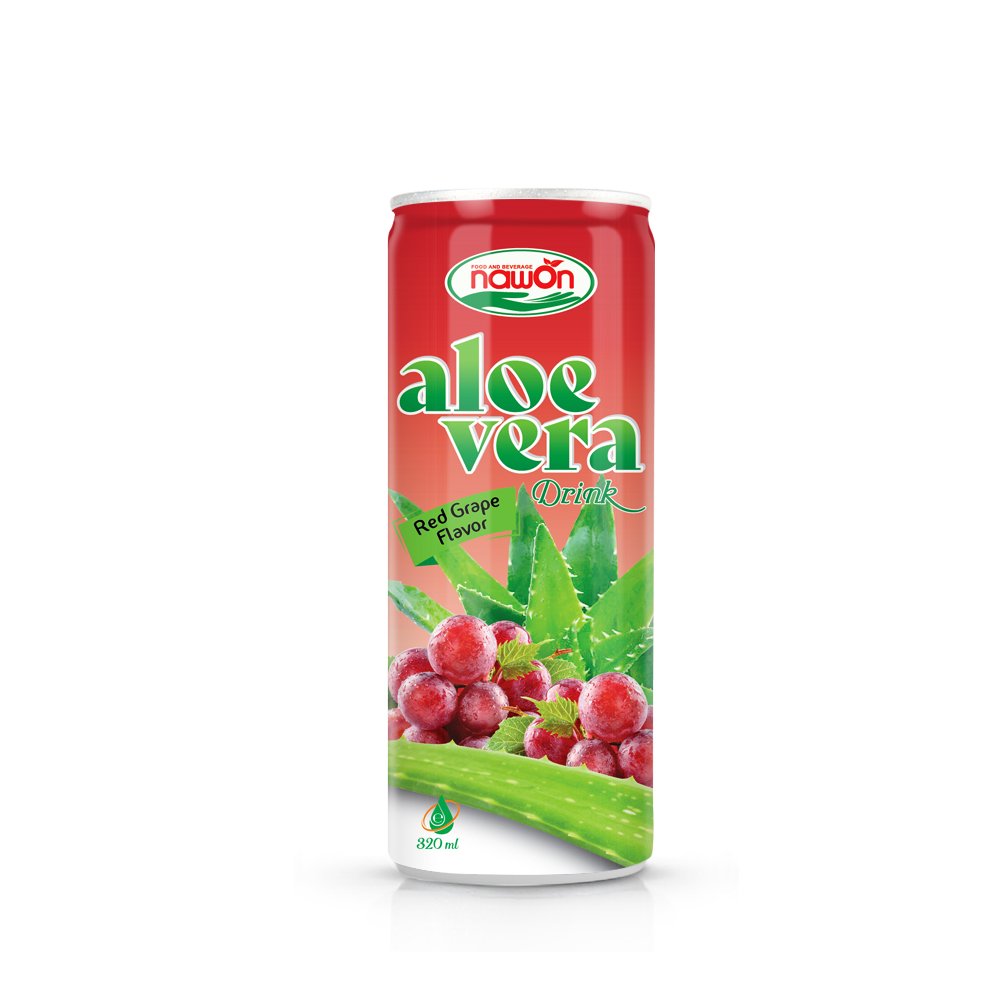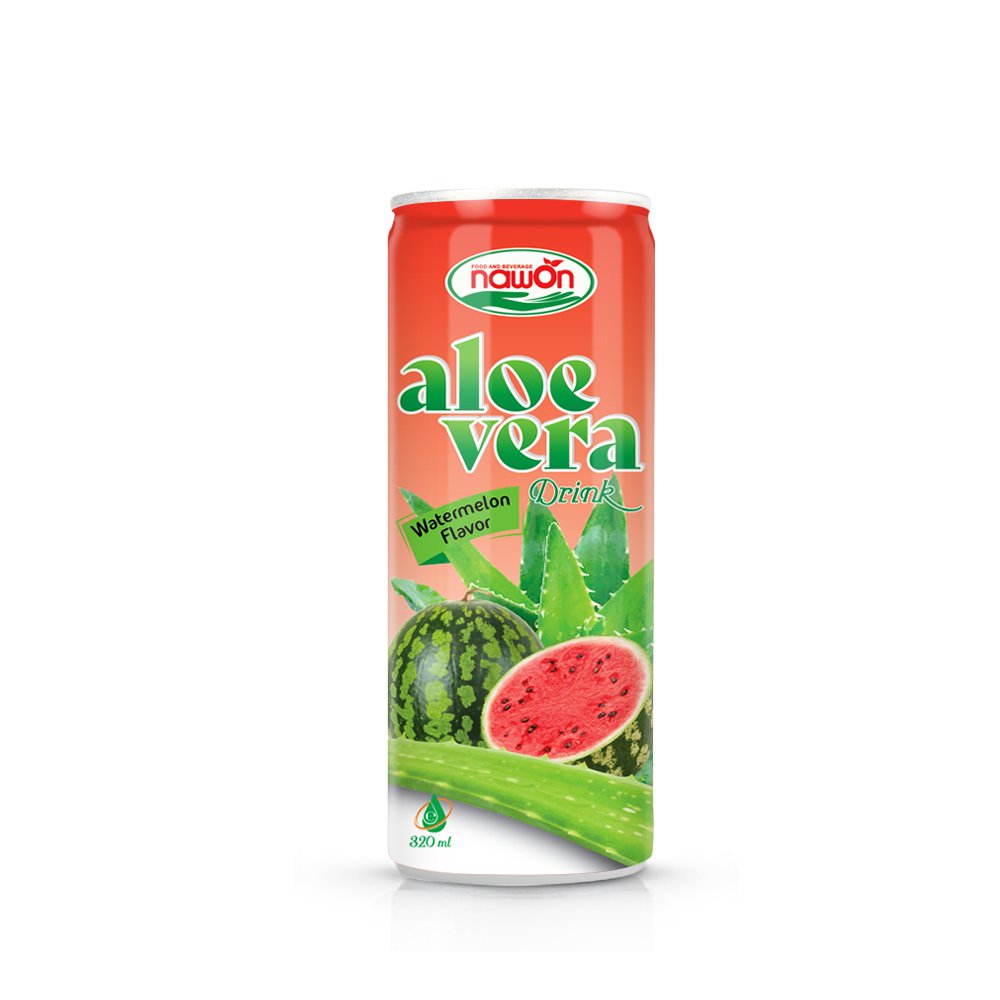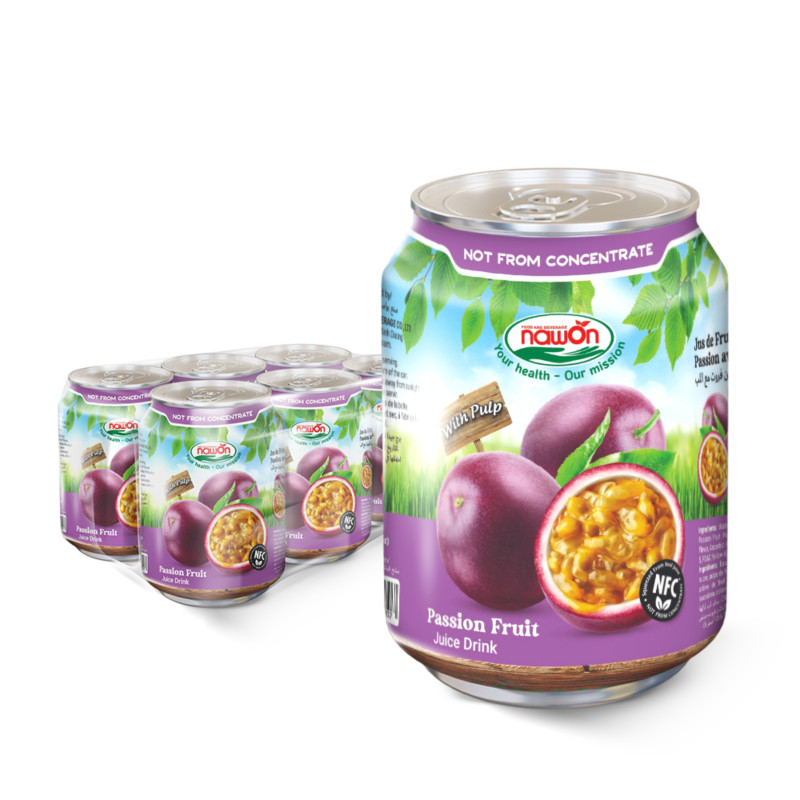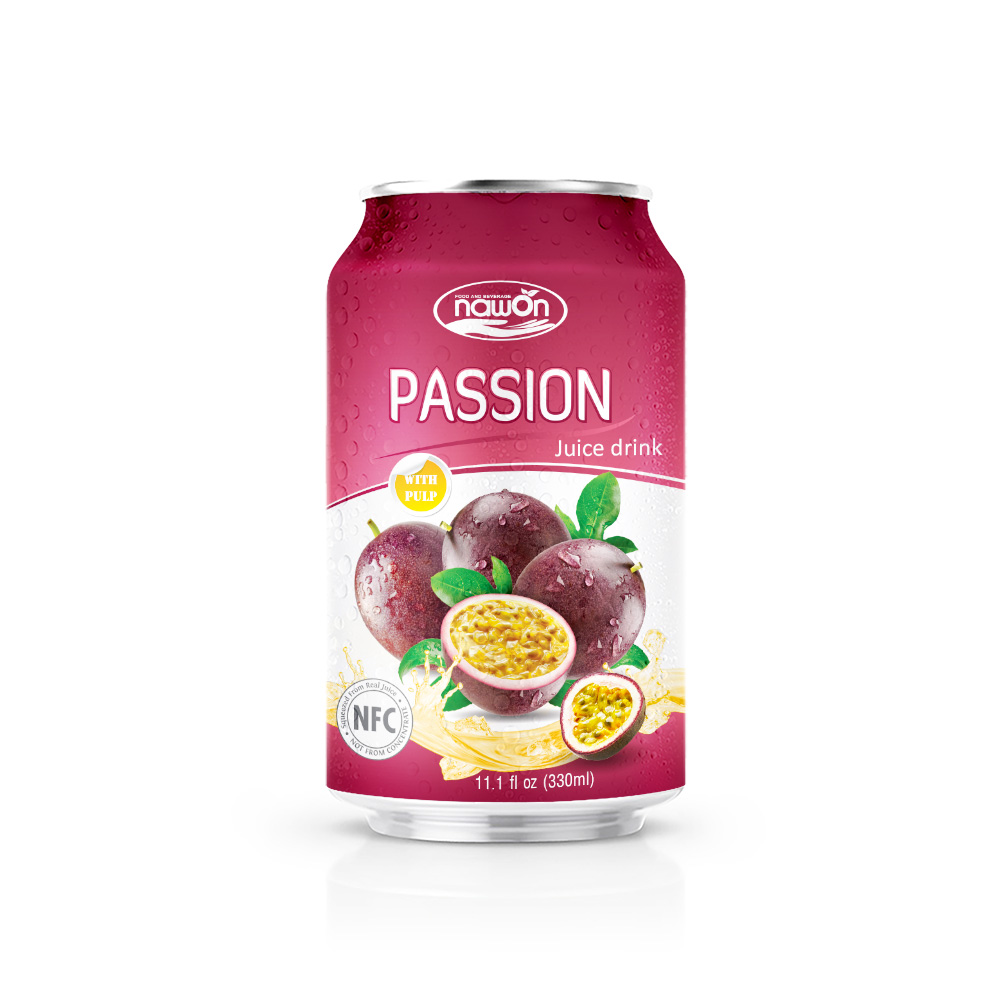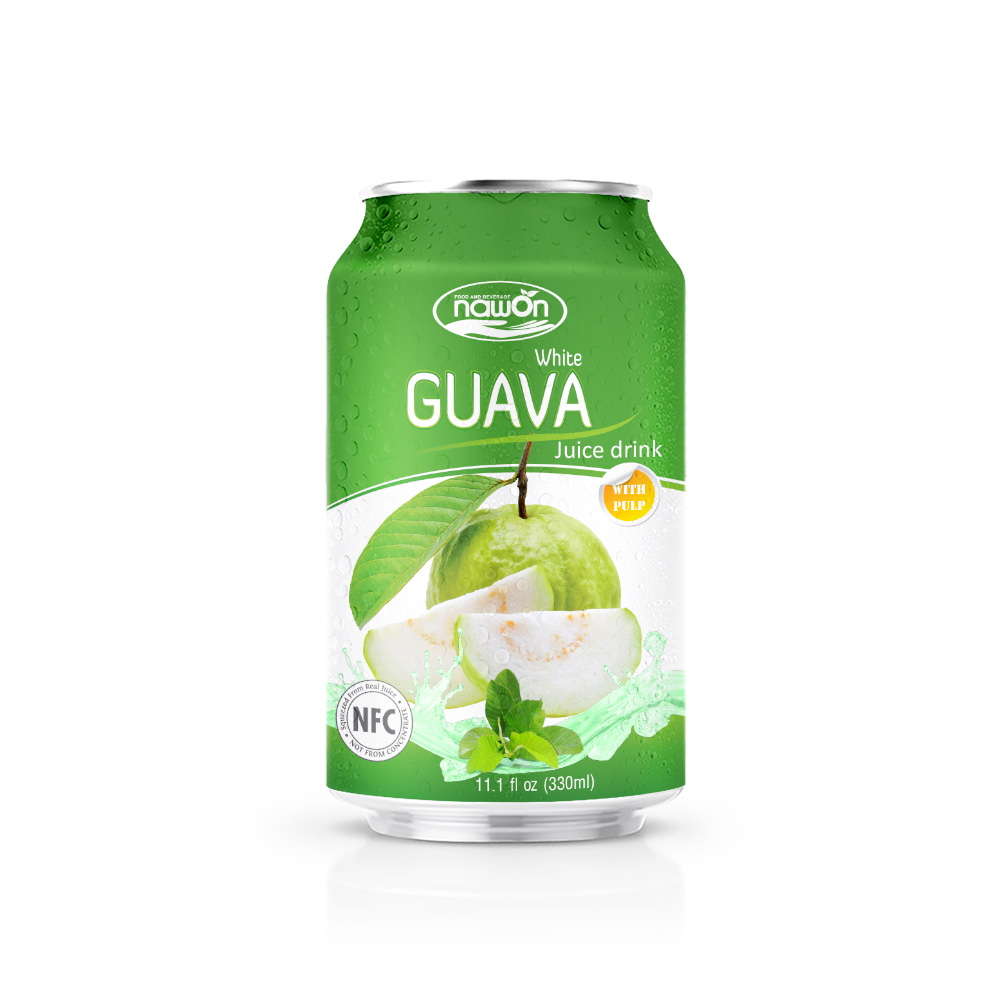Passion fruit is a flowering tropical vine, known as Passiflora, that grows in warm climates, including South America, Australia, South Africa, and India.
Passion fruit contains a soft pulp and lots of seeds inside a hard rind. People can eat the seeds and pulp, juice it, or add it to other juices.
Passion fruit has recently gained a lot of attention because it is a rich source of powerful antioxidants and may also have other health benefits.
In this article, we look at the nutritional profile and possible health benefits of passion fruit.
1. Provides key nutrients
Passion fruit contains high levels of vitamins A and C.
Passion fruit is a beneficial fruit with a healthful nutrition profile. It contains high levels of vitaminA, which is important for skin, vision, and the immune system, and vitamin C, which is an important antioxidant.
One fruit without the refuse contains the following nutrients in milligrams (mg), international units (IU), or grams (g):
- 229 IU of vitamin A
- 63 mg of potassium
- 5 mg of magnesium
- 5.4 mg of vitamin C
- 2 mg of calcium
- 0.29 mg of iron
- 1.9 g of fiber
Passion fruit also contains phosphorus, niacin, and vitamin B-6, which a healthy body needs.
2. Rich in antioxidants
Passion fruit is rich in antioxidants, which are compounds that help to mop up harmful free radicals in the body.
Antioxidants play a vital role in keeping the body systems healthy. Scientists know that antioxidants improve blood flow, specifically to the brain and nervous system.
They also reduce cellular stress and reduce inflammation in the body, both of which have links to diseases, such as heart disease and Alzheimer’s disease.
3. Good source of fiber
Passion fruit pulp contains a lot of dietary fiber. Fiber is a crucial component of every diet. It helps regulate the digestive system and keep the gut healthy, preventing constipation and bowel disorders.
According to the American Heart Association, fiber also has benefits in reducing cholesterol and boosting heart health.
Most people in America do not get enough dietary fiber. The recommended intake is 33.6 g for men ages 19–30 and 28 g for women ages 19–30, though most Americans get around 16 g, according to a 2008 study.
Eating passion fruit regularly may help to prevent constipation and improve digestion and overall health.
4. Low glycemic index
Passion fruit is a tropical fruit that has a low glycemic index (GI) value. This means that it does not cause a steep increase in blood sugar after eating it, making it a good option for people with diabetes.
Most fruits have a low GI, though the American Diabetes Association warn that melon and pineapple have a high GI.
5. Improve insulin sensitivity
Passion fruit has a low GI value, making it a good option for people with diabetes.
Some research suggests that a compound found in passion fruit seeds could improve a person’s insulin sensitivity. Improving insulin sensitivity can help reduce the risk of many diseases, including diabetes.
A small-scale 2017 study on humans found that a substance called piceatannol could improve metabolism after animal studies had found the same.
The researchers found that men who were overweight who took 20 mg of piceatannol each day for 8 weeks had improved metabolic health, including insulin sensitivity, compared with those who took a placebo.
6. Boosts the immune system
Passion fruit is rich in vitamin C, which is an antioxidant that helps protect the body from damage caused by free radicals.
Vitamin C boosts the immune system by helping the body absorb more iron from plant-based foods, and may improve the body’s ability to fight off infections in the body.
7. Supports heart health
Passion fruit is loaded with heart-healthy potassium and is also low in sodium.
Passion fruit, when eaten with the seeds, contains a lot of fiber, which can help to remove excess cholesterol from the inside of blood vessels. A high-fiber diet can reduce a person’s risk of heart disease.
In addition, eating passion fruit may help to normalize blood pressure. Diets low in sodium and rich in potassium help to decrease blood pressure.
8. Reduce anxiety
Passion fruit is rich in magnesium, an important mineral that scientists have linked with decreased stress and anxiety.
A systematic review from 2017 suggests that magnesium can help people manage their anxiety levels. However, the authors say that the quality of evidence is poor, so researchers need to do further studies.
How to prepare passion fruit
To eat a passion fruit raw, cut it in half and use a spoon to remove the pulp from the rind. The rind is not edible. People can eat both the seeds and the pulp, or just the pulp.
A person can remove the seeds by pressing the pulp through a strainer or cheesecloth and use the juice in a variety of ways, such as:
- mixing with water and sugar to make a drink
- adding the juice to other fruit juices, such as orange or pineapple
- adding the juice to yogurt with other fruit
- boiling it into a syrup that a person can make into many other things, such as sauces or desserts
- making it into a jelly or jam
- making it into a soft drink or wine
Passion fruit does not respond well to heat preservation and canning, but people can freeze it for later use.
Side effects
For most people, passion fruit is perfectly safe to eat. However, some people may have an allergy to the fruit. A doctor can diagnose allergies using various reaction tests.
Some people with a latex allergy may react to passion fruit. This is called cross-reactivity. This is because there are some proteins in latex that are similar to those found in passion fruit.
People with a latex allergy should be careful when eating passion fruit until they know whether they also react to the fruit.
Summary
Passion fruit is a tropical fruit that produces characteristic purple or yellow fruits.
The pulp and seeds found within the fruit are rich in antioxidants, vitamins, and minerals, and may have a range of health benefits.


